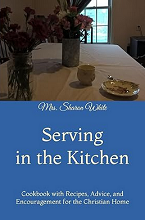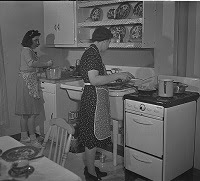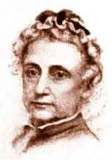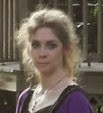The Following is taken from a book, "Primer of Domestic Economy" by Edith A. Barnett.
This was published in London, in 1894:
1. "Whether the income be small or large, certain or uncertain, the good housewife will keep an accurate account of her income and expenditure.
2. To buy on credit is never economical. Shopkeepers naturally ask more when they have to wait for their money.
3. To have a bill at every shop you deal with is extremely harassing, and makes a housekeeper always feel short of money, since every quarter-day she must settle up her debts and then run in debt again at once.
4. The secret of economical buying is never to buy anything that you do not really need, and not then unless you can spare the money to pay for it at once.
5. A penny saved is a penny got.
6. The pennies saved every day by good management, soon become pounds, and what is wanted is to keep them safe against a rainy day; which is an expression used to signify a time when your income may be less than it is now or some emergency when you may require a little extra expenditure, such as a doctor's bill, or a country trip, or special teaching for a talented and industrious child. Then, again, there is always old age to look forward to, and if that is not already provided for in other ways, some saving should be specially ordained to meet it.
7. Probably women as housekeepers spend the greater part of the money that is spent in the world."
HAPPY I LOVE YOU MONTH!
8 hours ago


























1 comments:
Wise words. I often find than when I don't watch my expenditures, they tend to take over just like weeds in my garden!
Thank you for this post Mrs. White, it was exactly what I needed to read this morning.
Lady m
Post a Comment